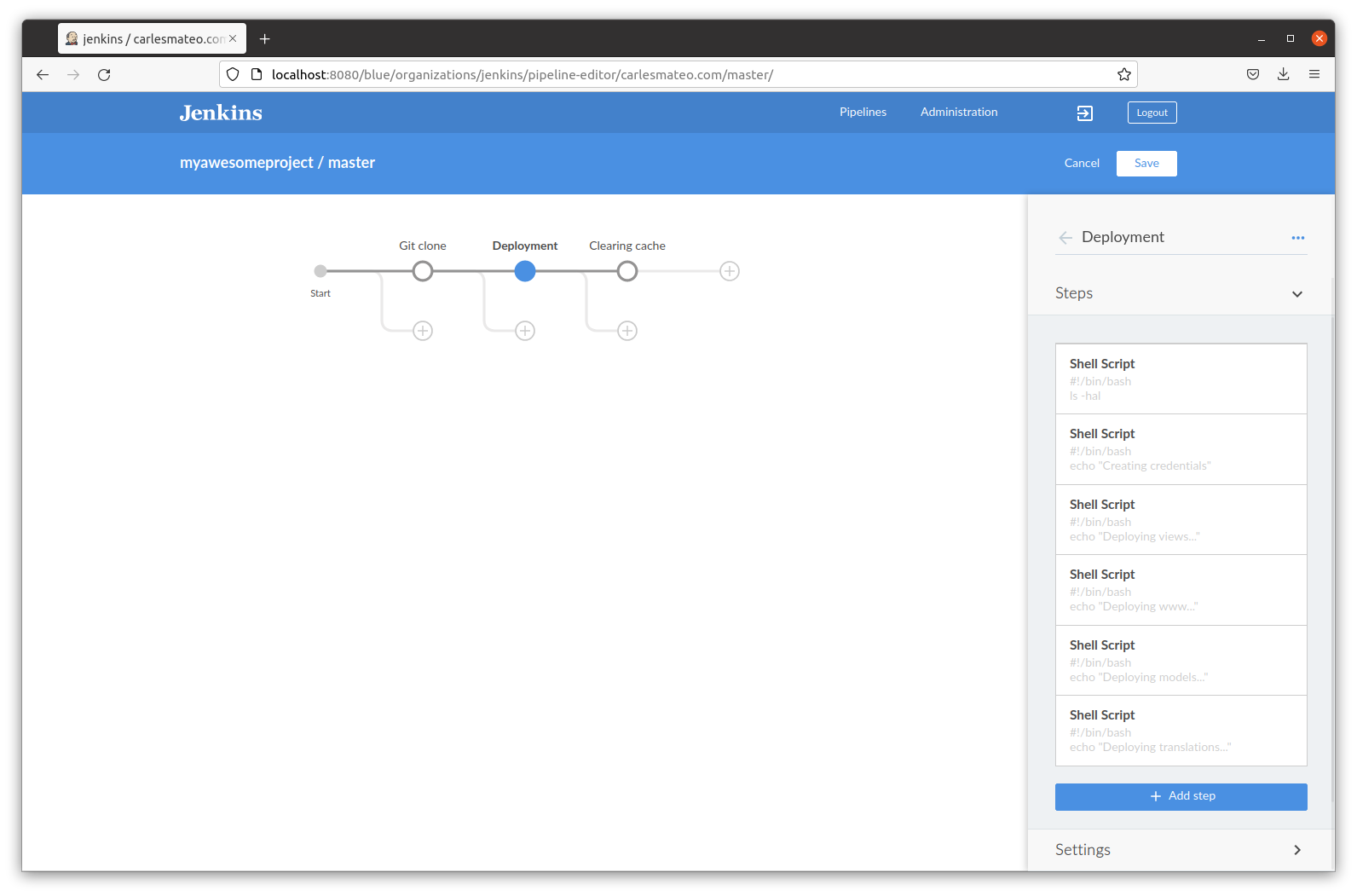Solving Linux Load key “ssh_yourserver”: invalid format when provisioning from Jenkins

If you are getting an error like this when you try to provision using rsync or running commands from SSH from a Docker Instance from a worker node in Jenkins, having your SSH Key as a variable in Jenkins, here is a way to solve it.
These are the kind of errors that you’ll be receiving:
Load key "ssh_yourserver": invalid format web@myserver.carlesmateo.com: Permission denied (publickey). rsync: connection unexpectedly closed (0 bytes received so far) [sender] rsync error: unexplained error (code 255) at io.c(235) [sender=3.1.3] script returned exit code 255
So this applies if you copied your .pem file as text and pasted in a variable in Jenkins.
You’ll find yourself with the load key invalid format error.
I would suggest to use tokens and Vault or Consul instead of pasting a SSH Key, but if you need to just solve this ASAP that’s the trick that you need.
First encode your key with base64 without any wrapping. This is done with this command:
cat keys/key_azure_myserver_carlesmateo_com.pem | base64 --wrap=0
In your Jenkins steps you’ll add this code:
#!/bin/bash echo "Creating credentials" echo $SSH_YOURSERVER | base64 --decode > ssh_yourserver echo "Setting permissions" chmod 600 ssh_yourserver
Having a certificate then you can define new steps that will deploy to Production by rsyncing:
#!/bin/bash
echo "Deploying www..."
rsync -e "ssh -i ssh_carlesmateo -o StrictHostKeyChecking=no -o UserKnownHostsFile=/dev/null" -av --progress --exclude={} --stats --human-readable -z www/ web@myserver.carlesmateo.com:/var/www/myawesomeproject/www/
Note that in this case I’m ignoring Strict Host Key Checking, which is not the preferred option for security, but you may want to use it depending on your strategy and characteristics of your Cloud Deployments.
Note also that I’m indicating as User Known Hosts File /dev/null. That is something you may want to have is you provision using Docker Containers that immediately destroyed after and Jenkins has not created the user properly and it is unable to write to ~home/.ssh/known_hosts
I mention the typical errors where engineers go crazy and spend more time fixing.
Rules for writing a Comment